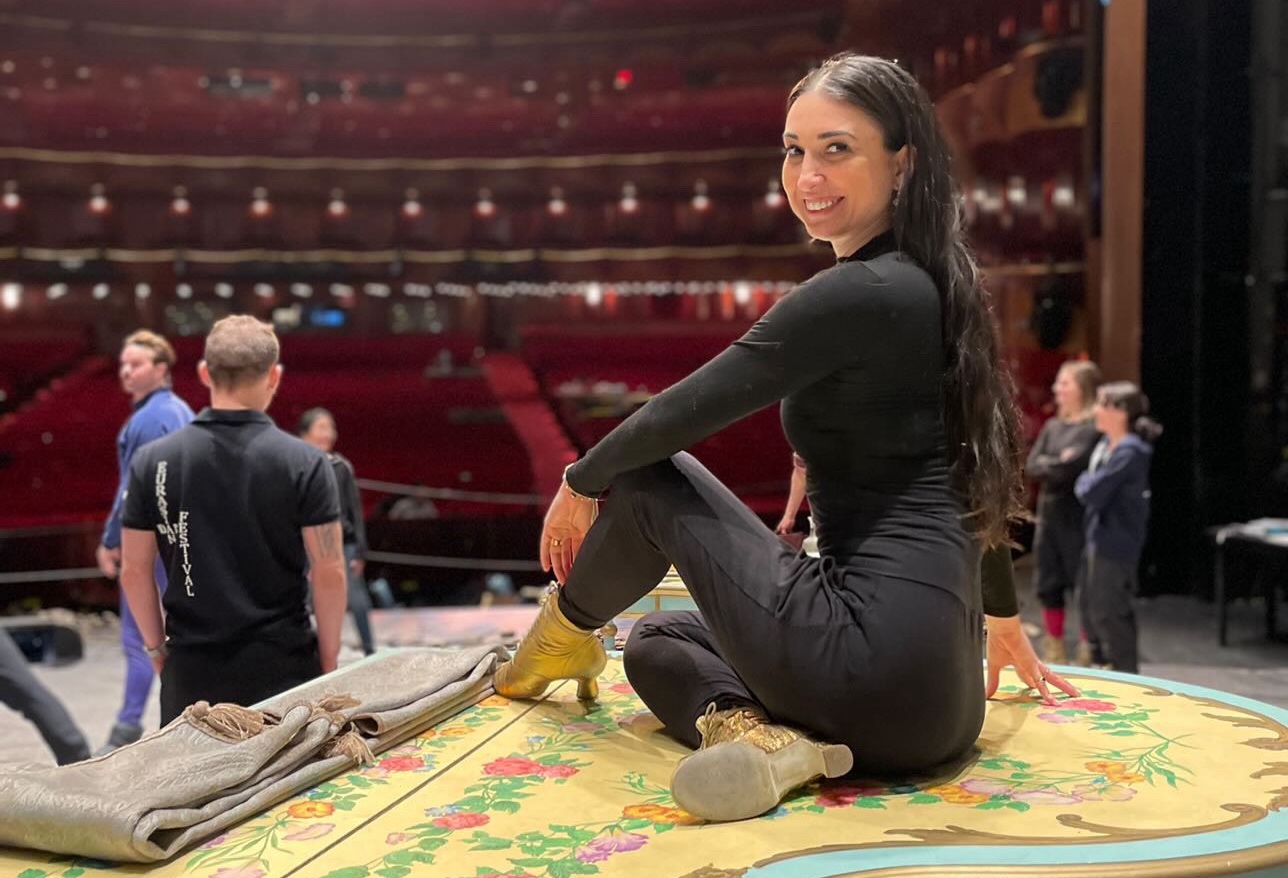These 5 Alumni Prove That Regional Dance America Opens Diverse Doors
Careers are often described as ladders—linear paths ascending to a predetermined goal. But the nonprofit organization Regional Dance America bursts out of the stale metaphor entirely, acting as a springboard for young dancers to reach career heights in a variety of industries.
Through RDA’s programs—including its Regional and National festivals, National Choreography Intensive, adjudication, and scholarship offerings—dancers gain invaluable experience. From performing in new styles to making meaningful career connections, the opportunities are as numerous as the unique paths participants may take in the years that follow. After all, a successful dance company alum is not just an experienced artist, but a curious, open-eyed, ambitious individual who can apply skills learned from their youth to studios and worlds beyond.
Ahead of the 2024 National Festival taking place April 24–27, 2024, in Daytona Beach, we asked five RDA alumni to trace their successful careers back to those seeds planted during their early experiences with Regional Dance America.
Kerry Kapaku: Owner of DanceWorks Indy
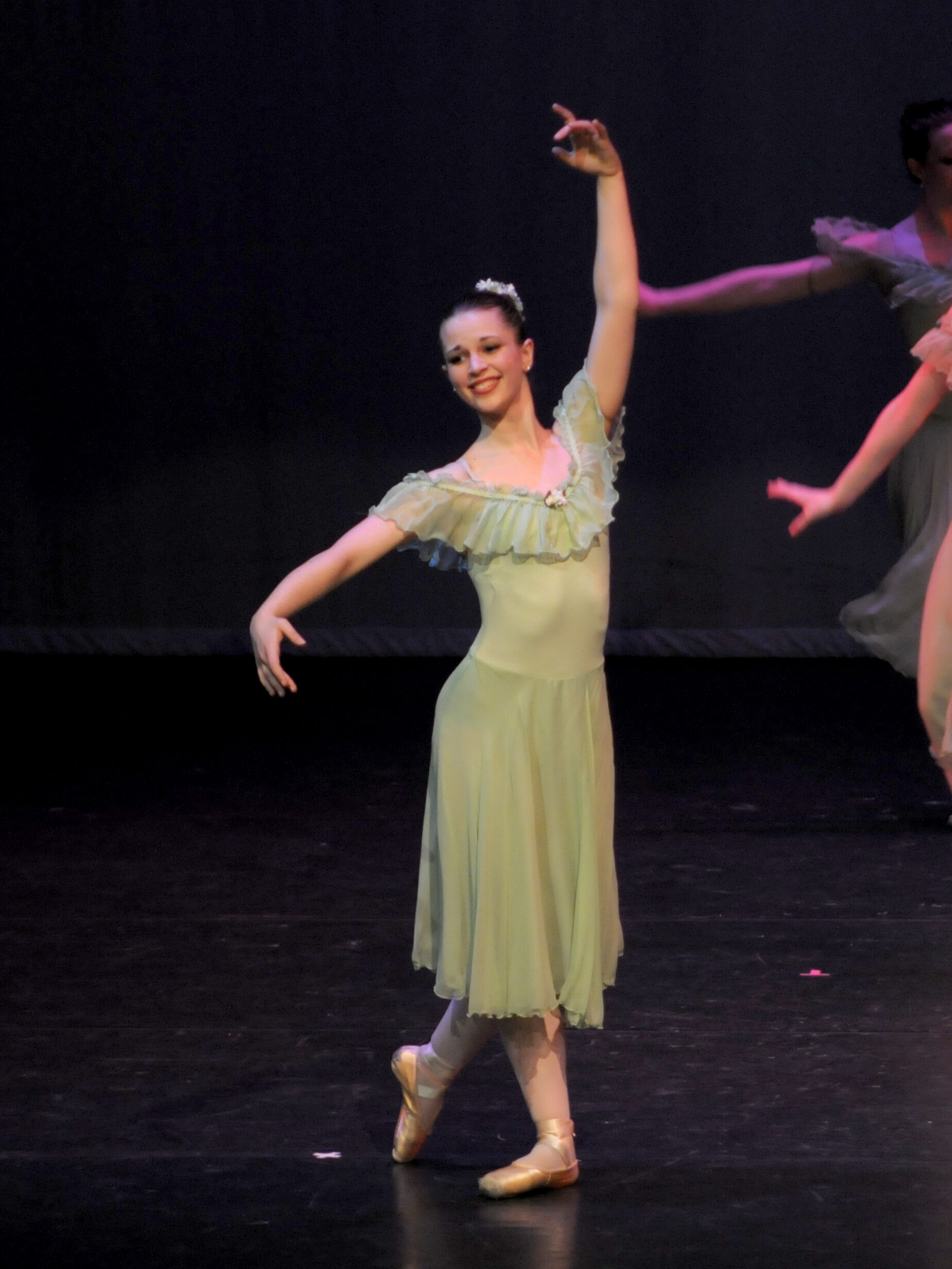
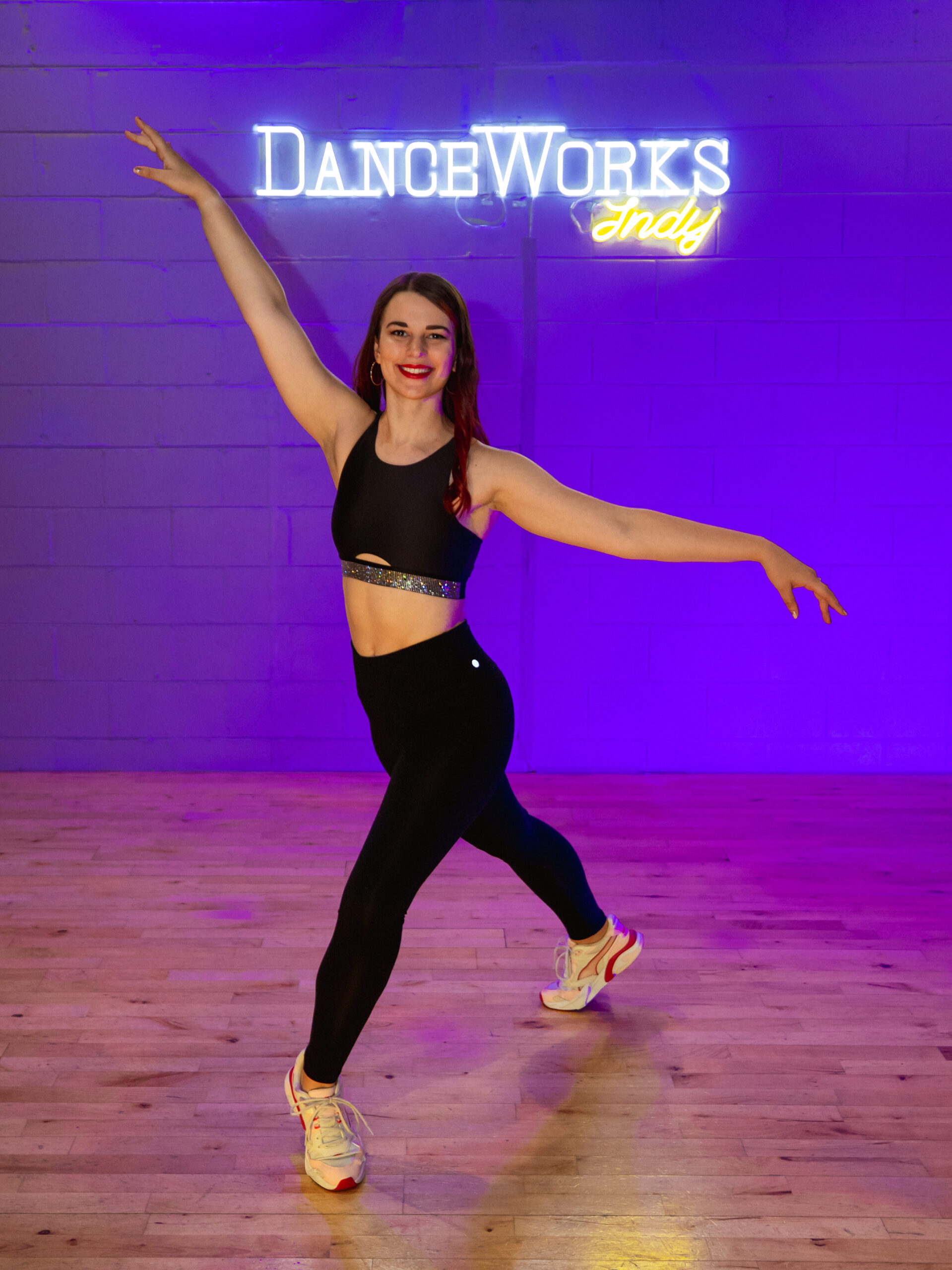
At the start of high school, Kerry Kapaku made the switch from her previous dance studio to Southern New Hampshire Dance Theater, an RDA member studio. At the time, Kapaku didn’t know how important that decision would be, but the experience ended up shaping her entire career trajectory.
Before attending RDA, she says, “I truly was ballet, ballet, ballet, my whole life. I thought it was going to be my forever thing.” After high school, Kapaku spent a year as a trainee at BalletMet. Soon enough, however, she realized that her passion for dance burned brightest when she had been preparing modern and contemporary pieces for RDA’s adjudicators and training in jazz and African dance as a scholarship recipient at RDA festivals. Kapaku decided to lean into those experiences and went on to major in modern dance at Ohio State University.
Kapaku now owns DanceWorks Indy, an all-adult dance studio in Indianapolis. In DanceWorks’ drop-in classes, particularly in its beginner workshops, Kapaku’s teachers incorporate historical elements, even emailing students videos, articles, and other materials about the dance style so they can further their study outside of the studio. Kapaku absolutely loved it when an RDA teacher had done this for her, and has found that her adult students feel similarly: “We have gotten such good feedback. People think, ‘I’m really invested because I’m learning more than just steps.’ ”
Tommie Earl Jenkins: Award-winning voice, television, and musical theater actor
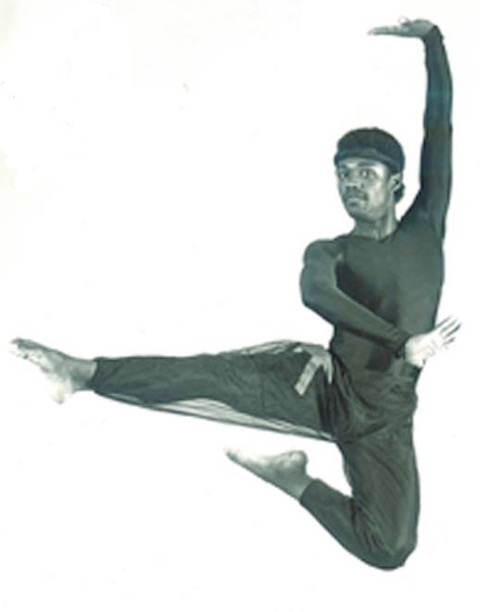
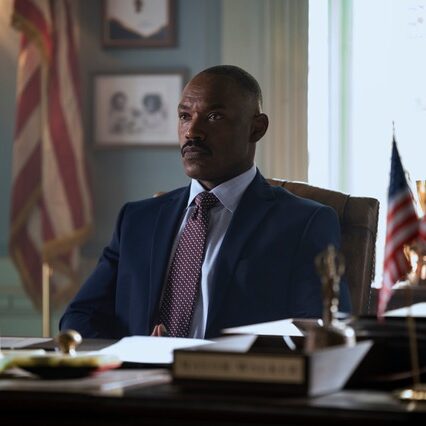
Tommie Earl Jenkins is an incredible performer. Full stop. Yet the dance world may never have seen his potential without the opportunities afforded by RDA and Canton Ballet during his teenage years in Ohio. “I grew up in a small town where most people relinquish their dreams and aspirations and go, ‘Well, this is my life.’ ” But Jenkins was determined. “I knew from an early age that I was going to get out of this city.” His family could not afford dance lessons, so he worked out a deal with Canton Ballet director Cassandra Crowley to do odd jobs around the studio in exchange for ballet classes.
When the opportunities came through RDA, Jenkins seized them. He performed at multiple Regional festivals and received a scholarship to attend the National Choreography Intensive in New York City. The intensive changed his life in two ways. First, he was spotted by Duluth Ballet of Minnesota’s artistic director, who offered him his first paying dance job. “I felt like, ‘I actually made it. I’m actually earning money doing what I love.’ ”
Second, it gave him the confidence to go back to New York City and reach for even higher performing dreams in musical theater. Today, Jenkins is an award-winning actor with credits ranging from shows on Broadway and the West End, including CATS, Jersey Boys,and A Chorus Line, to TV and voice-acting appearances for NBC, ABC, CBS, USA, The CW, and Netflix. “Dreams don’t have an expiry date on them. They only expire if you let them expire,” says Jenkins. “You just have to keep walking towards them.” Jenkins did the walking; RDA set him on the path.
Elizabeth Yilmaz: Performer with the Metropolitan Opera, founder and producer of Art Bath, and educator
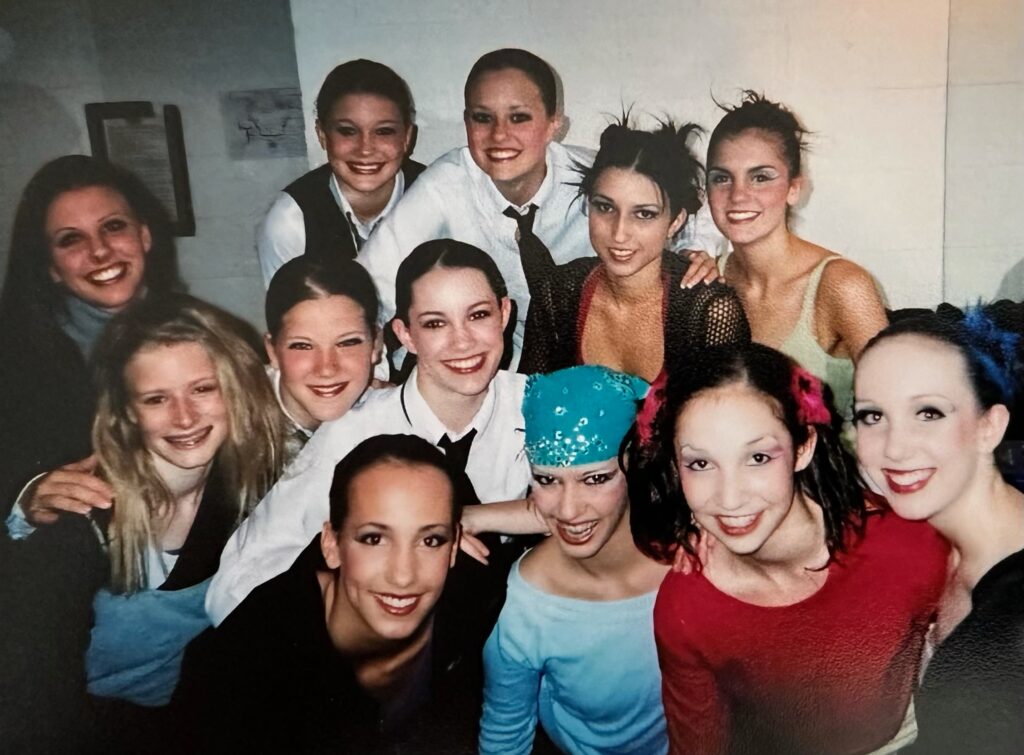
If you had told Elizabeth Yilmaz’s teenage self that she would hold this many titles, she might not have believed you. She’s a dancer with the Metropolitan Opera, a faculty member at 92NY and the Joffrey Ballet School, an alumna and advisory board member of Marymount Manhattan College, and co-founder of the New York City–based art and dance salon Art Bath. And, recently, Yilmaz also started teaching with RDA. “It’s a full-circle moment,” she says.
Yilmaz attended RDA Regional festivals with Roswell Dance Theatre every year throughout high school and was awarded numerous scholarships to train at Atlanta Ballet, Houston Ballet, and Boston Ballet. However, attending a Joffrey Ballet School summer intensive in New York City, through a scholarship earned at RDA, marked her first taste of the dance world in which she’d later be fully immersed.
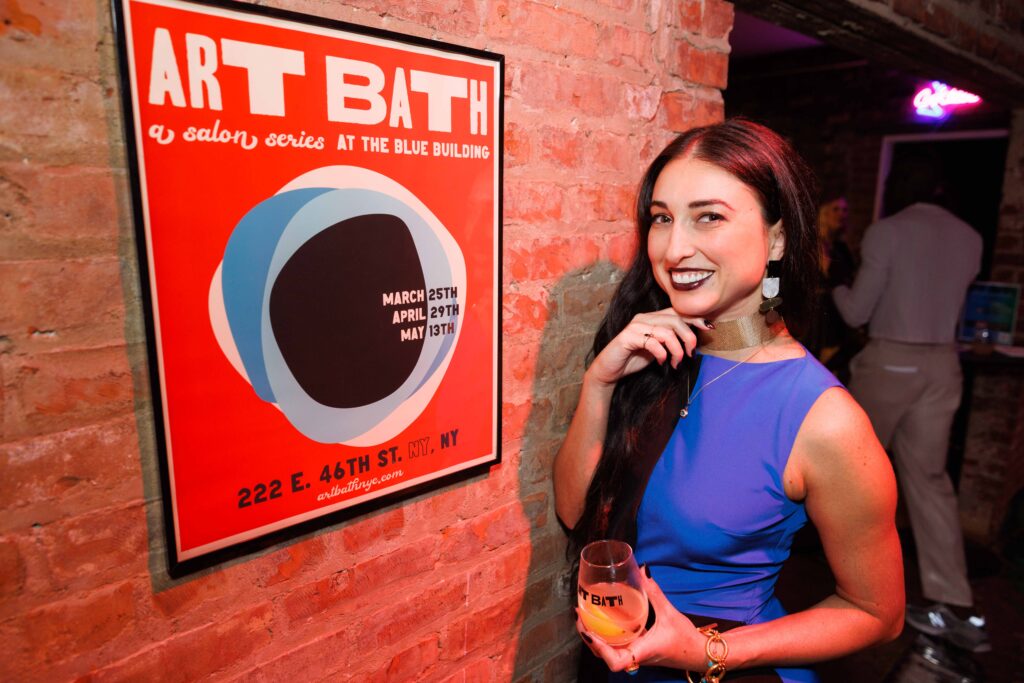
While she excelled onstage at the festivals, Yilmaz also credits RDA for her first exposure to the behind-the-scenes realm of dance, including accompanists and costume vendors. Now, whether she’s producing experimental works with the likes of American Ballet Theatre principal Devon Teuscher at Art Bath, teaching the next generation of young dancers, or performing in such opera classics as La Traviata and Eugene Onegin, Yilmaz carries her RDA experiences into everything she does.
Gabriella Galati: Sports reporter and producer for 6abc Action News in Philadelphia
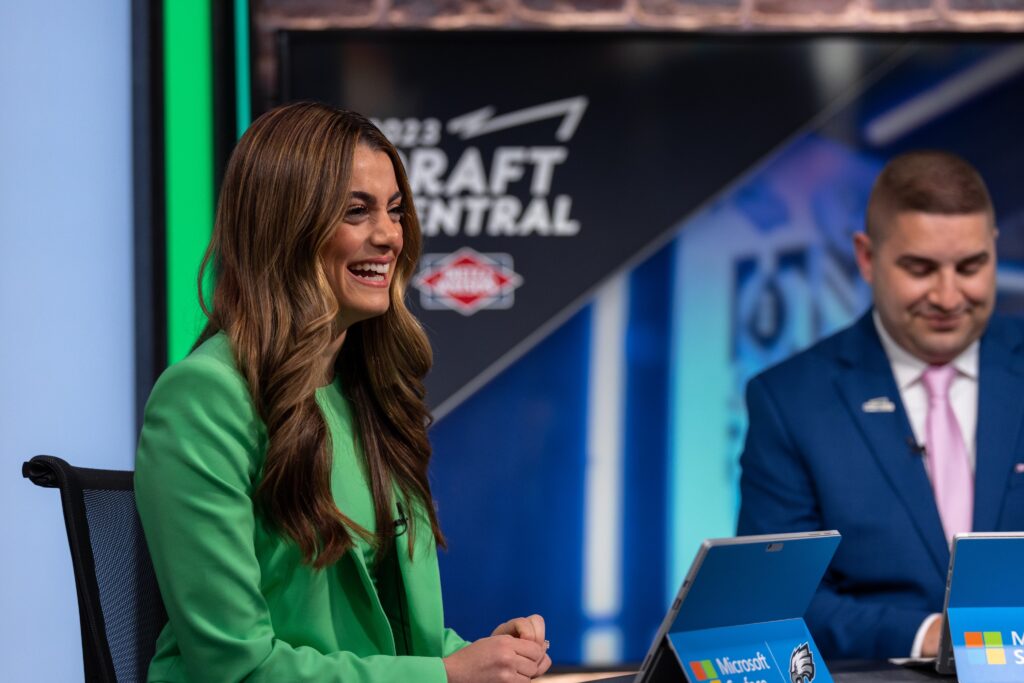
Gabriella Galati knows a thing or two about being sidelined. “I actually never wanted my dance career to end. It ended under circumstances that were out of my control,” she says. “Little did I know, my training had already prepared me for life.” She had been involved with RDA from a very early age, attending Regional festivals in seventh and eighth grades as an understudy. “One year, I understudied five pieces and never performed a single one at RDA. As a student that can be frustrating,” she says. However, it was exactly this experience—learning how to stay prepared and motivated from the wings and how to perform at any moment under pressure—that gave her an advantage in sports broadcasting. “TV is similar in that you always have to roll with the punches. It’s not a flawless medium. Things happen all the time, but I know I have it in me to think on my feet, adjust, and continue forward.”
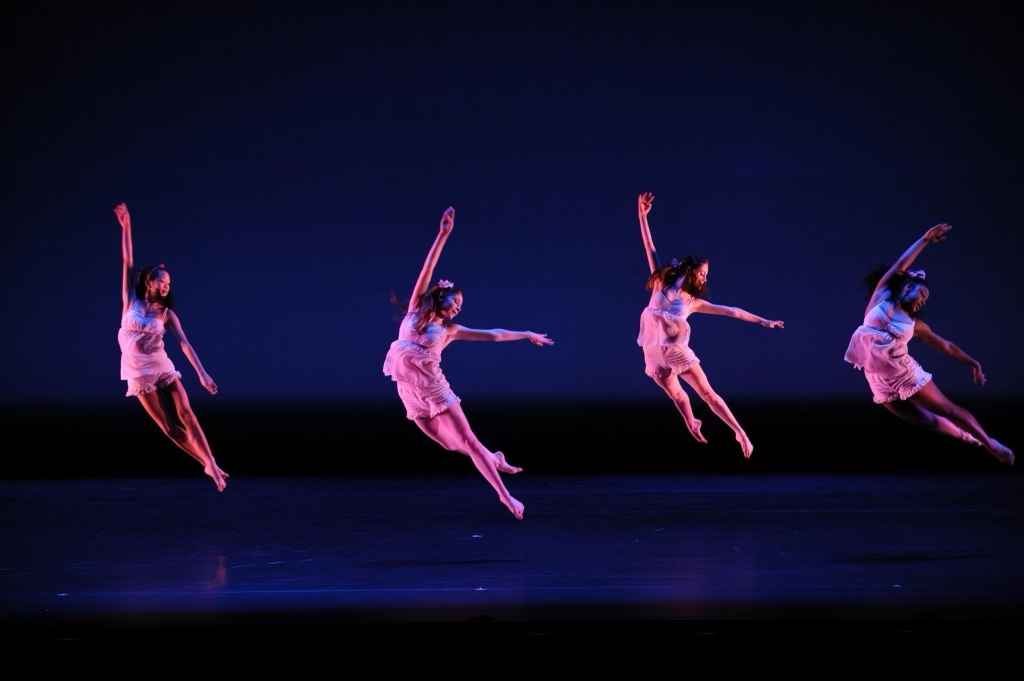
After her dancing days, Galati went on to serve as an on-air personality for the Philadelphia Eagles football team and anchor the NFL’s live draft coverage. In 2023, she joined Philadelphia’s 6abc Action News as a reporter, anchor, and producer. Though she has traded Nutcrackers for touchdowns, Galati credits her dance background for everything from learning punctuality and discipline to being a team player and having a thick skin. She reflects, “I draw a lot of inspiration from the fearless young girl who took the stage at RDA.”
Henry Griffin: Boston Ballet artist
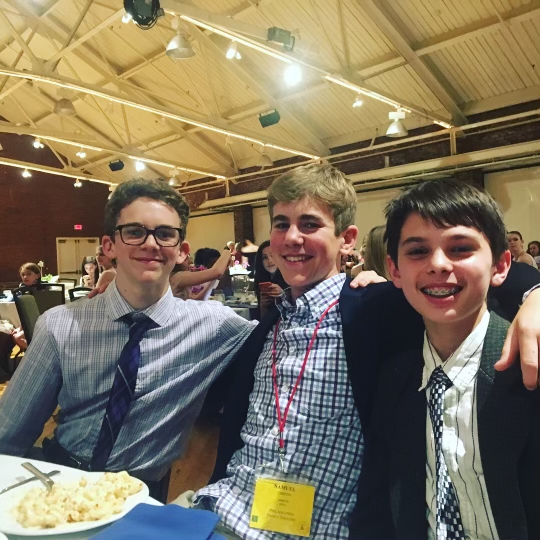
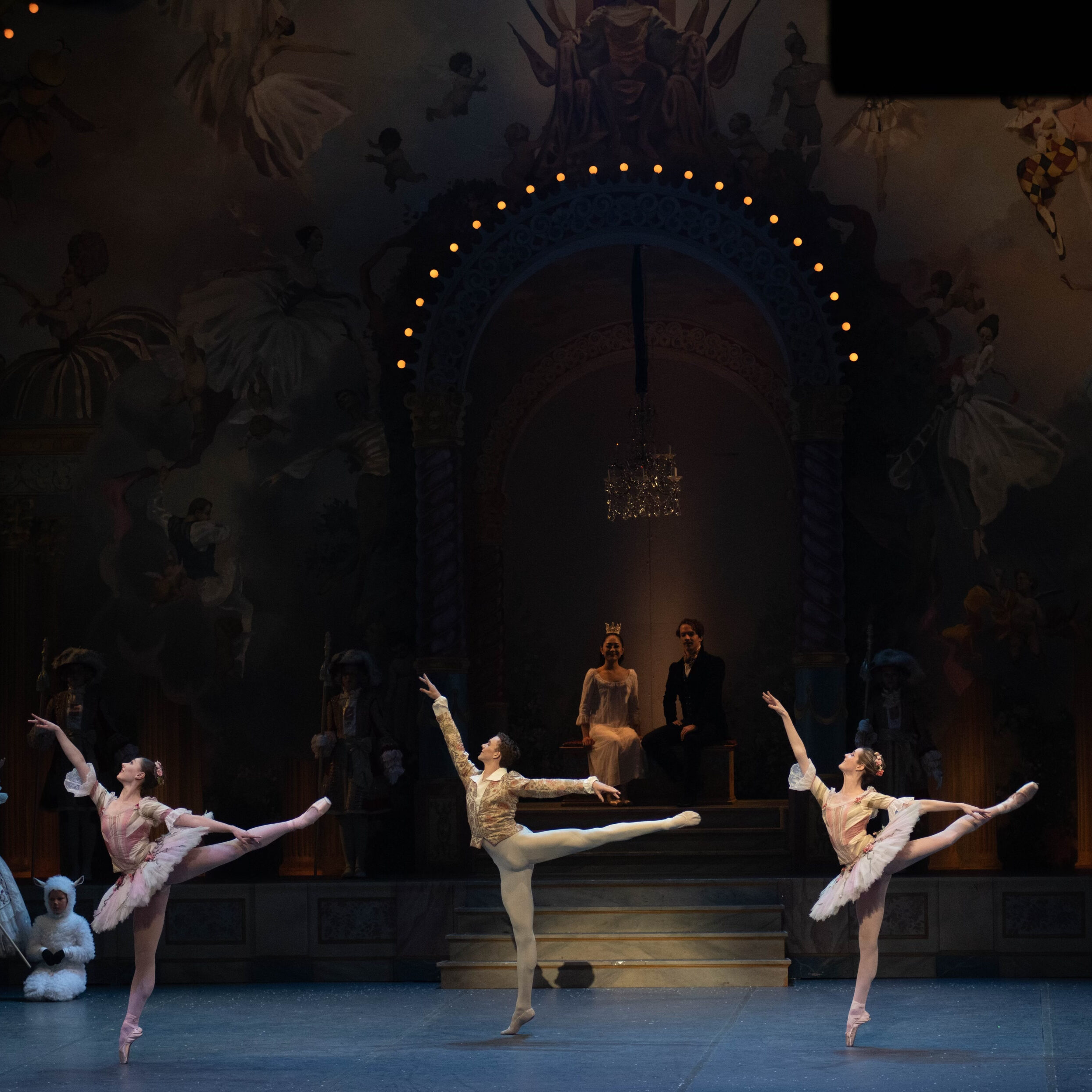
For ballet dancers from smaller regional studios, competitions may seem like the most obvious path to top national ballet schools and, eventually, companies. However, Boston Ballet company artist Henry Griffin, who grew up training at RDA member studio Philadelphia Dance Theatre, never set foot on a competition stage. His foot in the door was the direct result of an RDA festival, at which he was offered a scholarship to train at the Ballet Academy of Texas. There, he met guest teacher Peter Stark, who would later become his first boss as the associate director of Boston Ballet II. When Griffin turned 18 and auditioned for Boston Ballet II, he says, “Peter knew me right away. He fast-tracked my video to the director.”
Griffin attended the RDA National Festival in 2017 and a National Choreography Intensive in addition to RDA Regional festivals. He finds that he grew more from RDA’s emphases on dancing in a group and artistic development than he would have from a competition. “I distinctly remember coming out of those performances feeling like a different dancer. It’s performing under high pressure without worrying about, oh, first place, second place.” Without that premium placed on winning and scores, he says, “RDA is much more like a festival—a celebration rather than a competition.”
